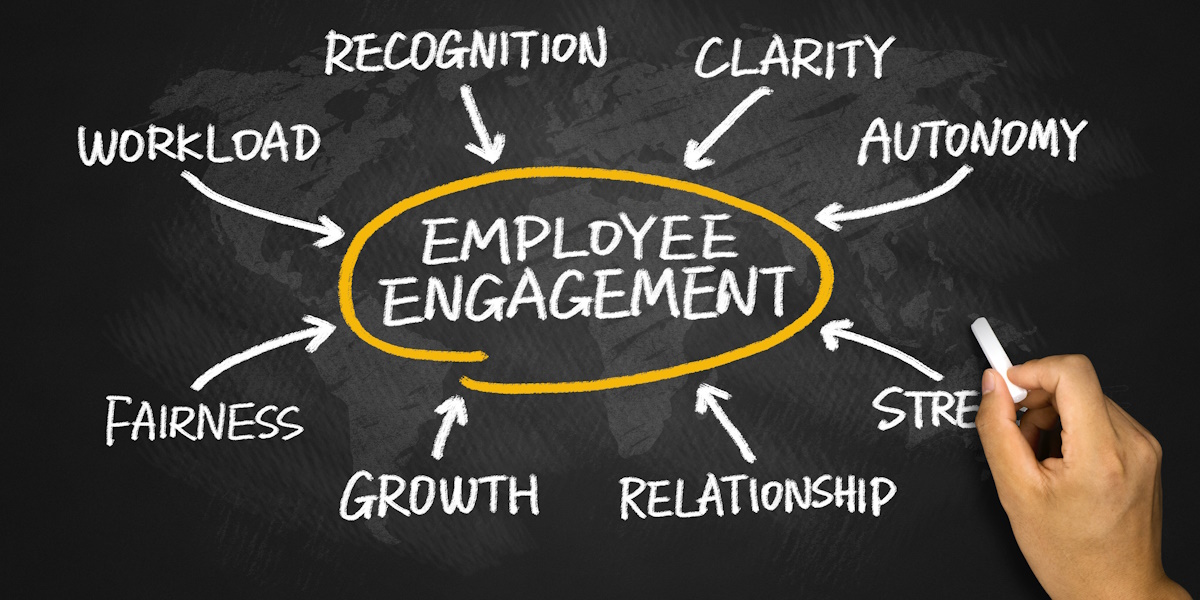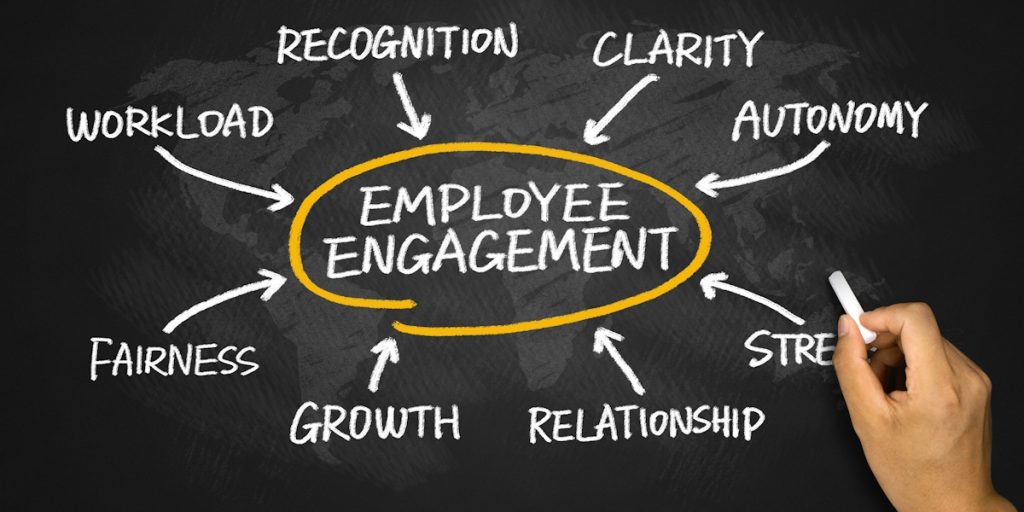Introduction
Employee engagement is one of the hottest topics in HR today. While it’s still a new concept for many businesses, the benefits of an engaged workforce are undeniable. An engaged employee tends to stay longer with your company and performs better than an employee who isn’t much invested. To be able to introduce effective employee engagement programs, you’ll need to think about how they experience their jobs and what makes them feel like they fit into the organization.The Importance of Employee Engagement
Employee engagement is a key to employee retention, satisfaction and loyalty. It’s also the key to productivity in the workplace. As such, it’s crucial that you consider employee engagement as one of your top priorities when developing effective employee engagement programs.Employee Engagement/Satisfaction Survey
Employee engagement programs also known as employee engagement satisfaction surveys are a staple of many companies. These surveys enable managers to understand what employees want from their jobs and improve employee satisfaction levels. Employee-facing teams conduct employee engagement surveys on behalf of management. They typically send them out at the end of each month or quarter, based on the frequency of receiving feedback from employees during these periods. The results reveal the team’s engagement level with their work environment and their overall satisfaction with their roles, offering valuable insights for necessary improvements.Benefits and Perks as a Tool to Motivate Employee Engagement
Benefits and perks are a way to show appreciation for employees. They can help to reward employees for a job well done, or as a way to recognize an employee’s dedication. Benefits and Perks need not be expensive. In fact, they should be affordable so that they don’t cause any financial strain on the company. When implementing benefits program, make sure you consider how much money each individual employee will spend on them, as well as how much time they’ll spend using them.Workplace Culture and Competition
A workplace culture that encourages collaboration, innovation and problem solving is a great place for employees to feel like they are part of the team. Employees should also feel appreciated for their efforts, valued for their contributions and respected for their opinions. Employees need to know that they will be listened to—even if it’s not always easy or pleasant.Working Conditions and Workplace Culture
Working conditions and workplace culture are key to employee engagement. Here’s what you need to know about working conditions and workplace culture that contribute to employee engagement:- Workplace flexibility will help your employees feel more involved in the company, which can lead them to be more loyal.
- Workplaces with a positive culture allow for more team collaboration, which increases productivity as well as morale and happiness at work.
Pay and Benefits as a Tool to Motivate Employee Engagement
Pay and benefits are a powerful tool to keep employees engaged, motivated and working hard. If you want your staff to feel appreciated, play the role of their advocate. You can ensure they are aware of the pay and benefits their peers in other departments receive and provide them with career growth opportunities to make them feel valued within the organization. Employees will also be more likely to stay happy if they have something tangible at stake like bonuses or raises based on performance metrics set by management. It’s not just about money either, some studies show that people who have higher salaries tend not only view themselves as better off financially but also happier living in general!Encouraging employees engagement through meaningful experiences is the most effective way to keep them engaged.
It gives them a chance to:
- Share their ideas.
- Be part of the solution.
- Be part of the team.
- Share the company’s mission and vision.
Conclusion
Employees are the engine of any good company, and companies can keep them engaged by simply paying attention to their needs. With the right tools and processes in place, engagement programs can be an important part of building a strong team.Would you like a Free Consult to understand if a loyalty or incentive program is right for your business?




